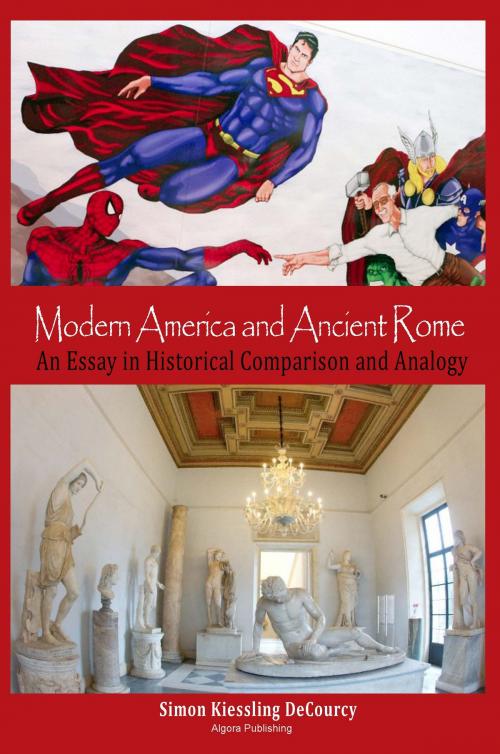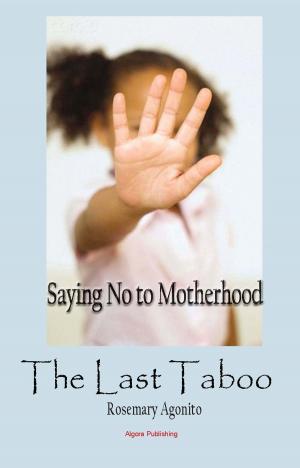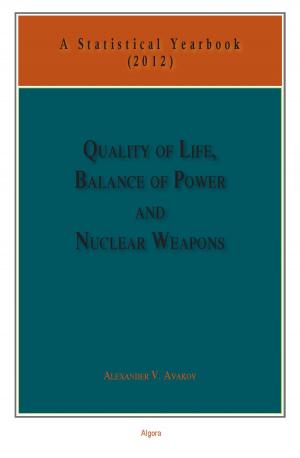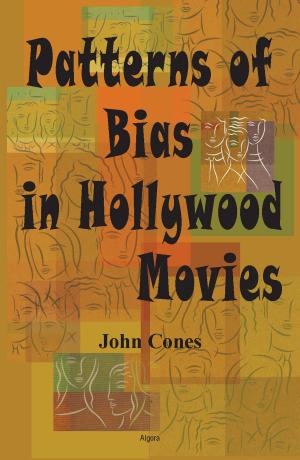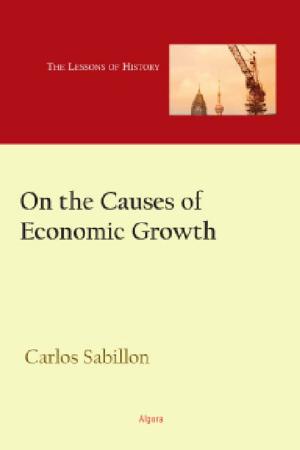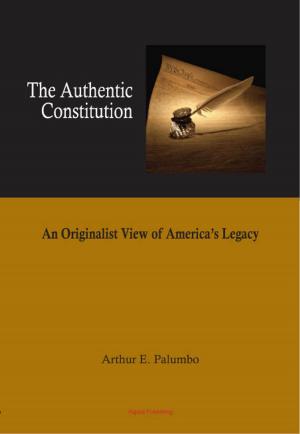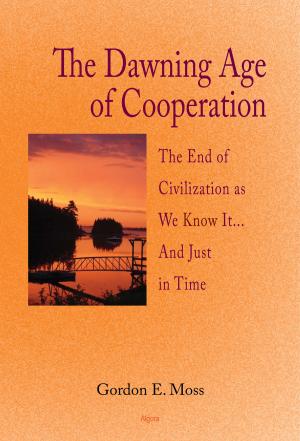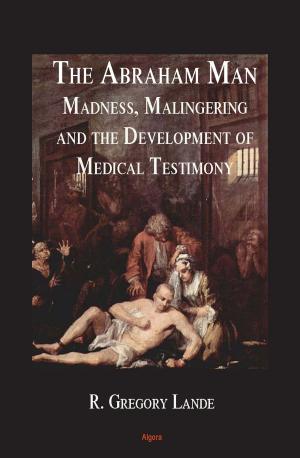Modern America and Ancient Rome
An Essay in Historical Comparison and Analogy
Nonfiction, History, Ancient History, Rome, Americas, United States| Author: | Simon Kiessling DeCourcy | ISBN: | 9781628941555 |
| Publisher: | Algora Publishing | Publication: | October 5, 2016 |
| Imprint: | Algora Publishing | Language: | English |
| Author: | Simon Kiessling DeCourcy |
| ISBN: | 9781628941555 |
| Publisher: | Algora Publishing |
| Publication: | October 5, 2016 |
| Imprint: | Algora Publishing |
| Language: | English |
How does America relate to Europe, and how did the Romans see their Greek colonies - and vice versa? The parallels are striking. Is America likely to trace a comparable trajectory in the near future?
Dr. Kiessling presents a politico-philosophical book drawing analogies between the history of antiquity and the history of the modern world in general, and ancient Rome and modern America in particular. The book discusses the political, social, cultural and mental differences between the ancient Greeks and Romans and puts them in perspective with those between modern Americans and Europeans.
Dr. Kiessling presents a politico-philosophical book drawing analogies between the history of antiquity and the history of the modern world in general, and ancient Rome and modern America in particular. The book discusses the political, social, cultural and mental differences between the ancient Greeks and Romans and puts them in perspective with those between modern Americans and Europeans.
The subjects of analysis include the different levels of commitment to religion, the responsiveness to post-heroic values, the attitudes to war and peace, moral permissiveness, demography, the susceptibility to universalistic ideas and supra-nationalism and the different levels of belief in the political capacity of the nation and its constitutional framework. The book also links the way in which Greeks and Romans saw each other with the way in which modern Americans and the Europeans relate to each other.
At the core of the discussion are the socio-economic, political and intellectual challenges facing present-day America, as the social coil holding Americans together since World War II threatens to disintegrate. In this context, the analysis focuses on the mounting social inequality, the increased political polarization, the republic’s transformation into an empire of consumption, the privatization of military force, the role of organized money in politics, and the rise of irrational, apocalyptic thought in public discourse.
The author then analyzes the extent to which these trends bear structural resemblance to developments that undermined the social and political foundations of the Roman republic in the second and first century B.C.
The parallels are striking. Is America likely to trace a comparable trajectory in the near future?
How does America relate to Europe, and how did the Romans see their Greek colonies - and vice versa? The parallels are striking. Is America likely to trace a comparable trajectory in the near future?
Dr. Kiessling presents a politico-philosophical book drawing analogies between the history of antiquity and the history of the modern world in general, and ancient Rome and modern America in particular. The book discusses the political, social, cultural and mental differences between the ancient Greeks and Romans and puts them in perspective with those between modern Americans and Europeans.
Dr. Kiessling presents a politico-philosophical book drawing analogies between the history of antiquity and the history of the modern world in general, and ancient Rome and modern America in particular. The book discusses the political, social, cultural and mental differences between the ancient Greeks and Romans and puts them in perspective with those between modern Americans and Europeans.
The subjects of analysis include the different levels of commitment to religion, the responsiveness to post-heroic values, the attitudes to war and peace, moral permissiveness, demography, the susceptibility to universalistic ideas and supra-nationalism and the different levels of belief in the political capacity of the nation and its constitutional framework. The book also links the way in which Greeks and Romans saw each other with the way in which modern Americans and the Europeans relate to each other.
At the core of the discussion are the socio-economic, political and intellectual challenges facing present-day America, as the social coil holding Americans together since World War II threatens to disintegrate. In this context, the analysis focuses on the mounting social inequality, the increased political polarization, the republic’s transformation into an empire of consumption, the privatization of military force, the role of organized money in politics, and the rise of irrational, apocalyptic thought in public discourse.
The author then analyzes the extent to which these trends bear structural resemblance to developments that undermined the social and political foundations of the Roman republic in the second and first century B.C.
The parallels are striking. Is America likely to trace a comparable trajectory in the near future?
